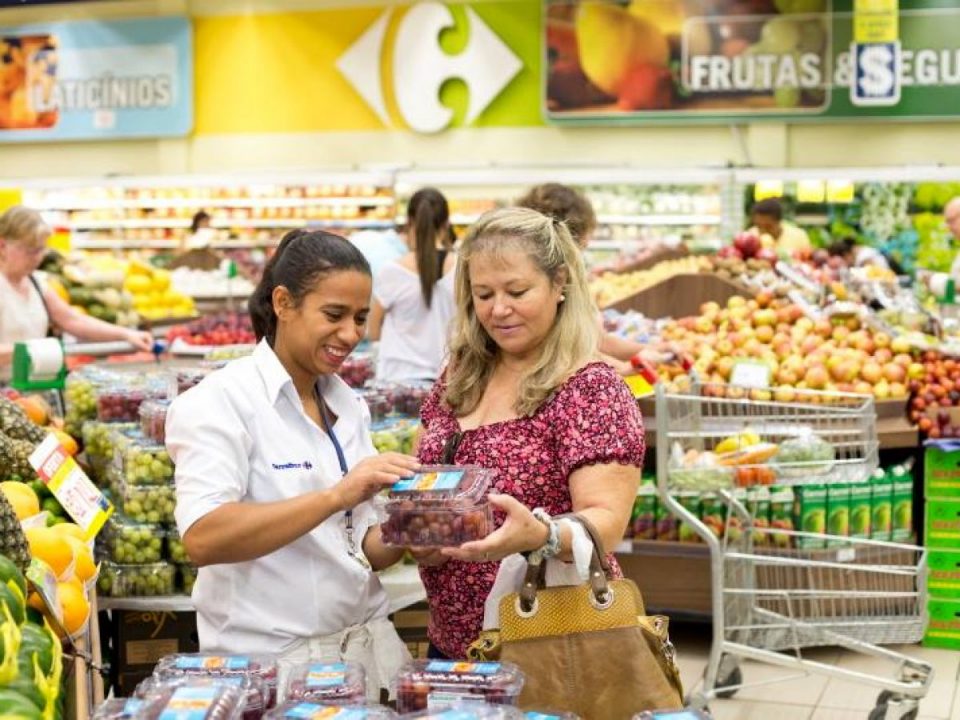The retail industry in the UK has faced significant challenges due to Brexit, particularly in terms of supply chain disruptions. As the country left the European Union, new trade agreements and regulations had to be established, which resulted in delays and uncertainty for retailers.
One of the biggest concerns for retailers was the potential for disruptions to their supply chains, as many businesses rely on imports from EU countries. In addition, increased bureaucracy and customs checks at borders have caused delays in the delivery of goods, leading to empty shelves and supply chain issues.
Furthermore, Brexit has also affected the availability of labour in the retail industry. Many EU citizens who previously worked in the UK retail sector have left the country due to uncertainty over their immigration status, leading to a shortage of workers in certain areas.
To mitigate the impact of Brexit on the supply chain, many retailers have looked to diversify their sourcing and reduce their reliance on EU imports. Some have also invested in technology and automation to increase efficiency and reduce costs.
Overall, the retail industry in the UK continues to face challenges as it adjusts to the new post-Brexit landscape. While some businesses have managed to navigate the changes successfully, others have struggled with supply chain disruptions and labour shortages. As the UK continues to negotiate its new trade agreements with the EU and other countries, the retail industry will need to remain adaptable and innovative to ensure its long-term success.
Food choice in UK supermarkets is diverse and varied, offering consumers an array of options to meet their dietary needs and preferences. In recent years, there has been a significant shift towards healthier and more sustainable options, with supermarkets responding to changing consumer demands and concerns.
One of the most significant changes in the food choices offered by UK supermarkets is the increase in vegan and vegetarian options. This trend has been driven by a growing awareness of the impact of meat production on the environment and animal welfare concerns. Many supermarkets have responded by expanding their plant-based ranges and introducing innovative meat substitutes.
Another notable trend is the rise in free-from products, catering to people with food allergies or intolerances. Gluten-free, dairy-free, and nut-free options have become increasingly common, providing greater accessibility and choice for consumers with dietary restrictions.
Sustainability has also become a significant factor in food choices, with many consumers seeking out products with a reduced environmental impact. Supermarkets have responded by introducing more sustainable packaging options and promoting locally sourced and organic produce.
Brexit has also had an impact on food choices in UK supermarkets. The uncertainty surrounding the supply chain has led to concerns over potential food shortages and rising prices. Supermarkets have been working to mitigate these risks by stockpiling goods and sourcing from alternative suppliers. However, the full impact of Brexit on food choices remains to be seen.
Overall, UK supermarkets continue to offer a diverse range of food choices to cater to the evolving needs and preferences of their customers. The industry is constantly evolving, responding to changing consumer demands, and striving to provide greater accessibility and sustainability in food choices.
Supermarkets have to make strategic decisions when it comes to what products they will stock on their shelves. These decisions are based on various factors, including customer demand, market trends, and profit margins.
Customer demand is a major driver for supermarkets. They use data from loyalty schemes, point-of-sale systems, and online analytics to understand what customers are buying and what products are trending. Supermarkets also consider customer feedback, whether through surveys, focus groups, or social media channels, to understand their preferences and make decisions accordingly.
Market trends are another crucial factor. Supermarkets keep a close eye on emerging trends in the food and beverage industry, including health and wellness, convenience, and sustainability. They also look at broader consumer trends, such as changing demographics and lifestyles, to anticipate future demand and adjust their product offerings accordingly.
Profit margins are also an important consideration. Supermarkets need to ensure they are making a profit on the products they stock, so they carefully analyze the costs of production, transportation, and storage. They may negotiate with suppliers to secure better prices or choose to stock private-label products, which typically offer higher profit margins.
In addition to these factors, supermarkets also consider other logistical considerations, such as storage space, shelf life, and seasonal availability. Ultimately, supermarkets aim to strike a balance between meeting customer demand, keeping up with market trends, and maximizing profits, while also ensuring a diverse and appealing range of products for their customers.



